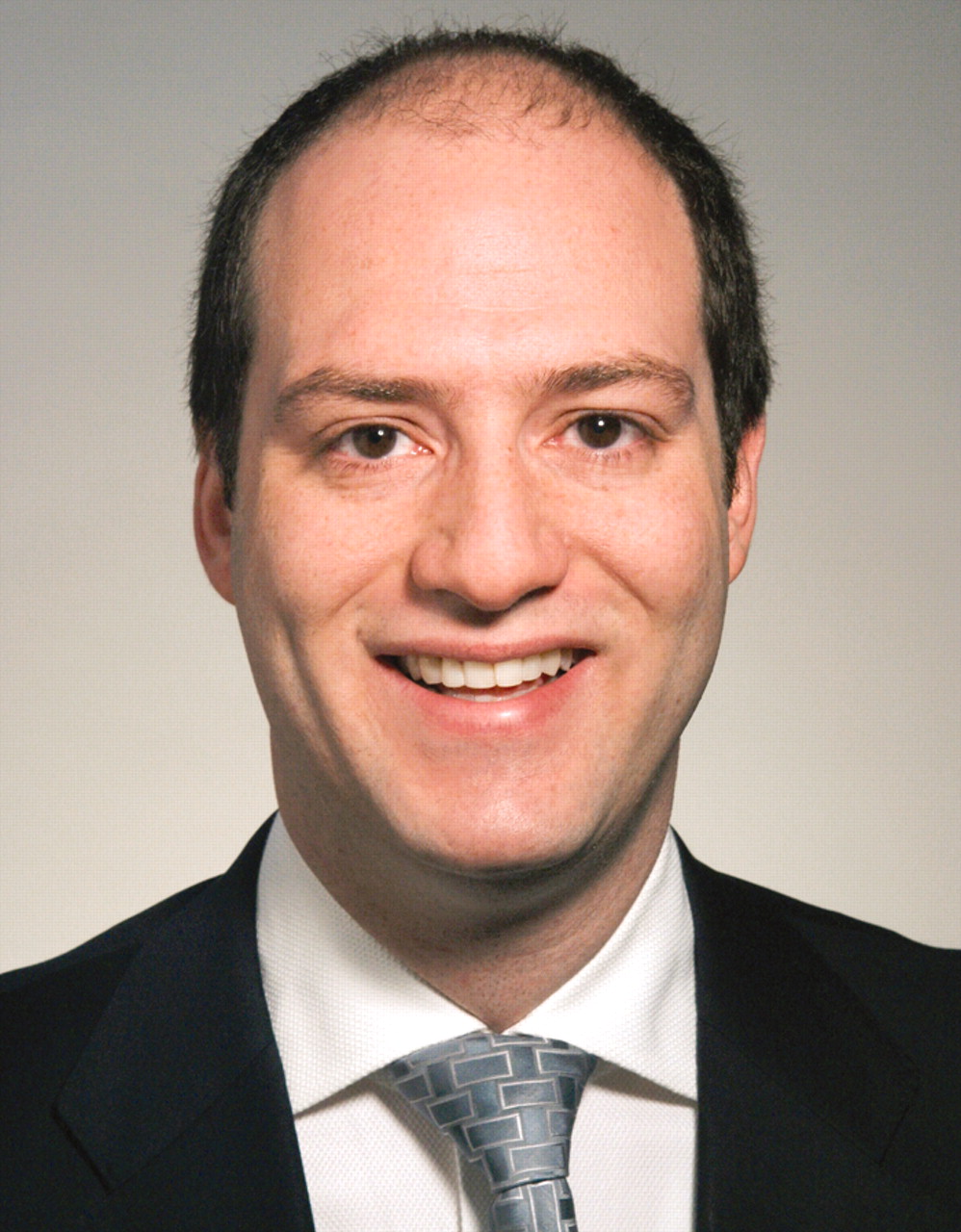Can the same drug that in the past decade has found a niche among young people during rave parties at crowded dance clubs also help terminally ill patients face their fears and resolve issues with loved ones in their final days?
A Harvard researcher, psychiatrist John Halpern, M.D., received approval in December from the U.S. Food and Drug Administration (FDA) to answer this question in a pilot study this spring in which he will administer MDMA—the drug commonly known as ecstasy—in conjunction with psychotherapy to 12 patients with advanced-stage cancer.
Halpern is associate director of substance abuse research at McLean Hospital in Belmont, Mass., and has conducted several studies on the neurocognitive effects of hallucinogens.
MDMA shares similarities with amphetamine and with the hallucinogen mescaline in regard to its chemical structure and pharmacologic properties. In prior research, it has been known to induce “increased feelings of rapport with others, increased sensitivity to emotions, and increased insights about the self,” according to a summary of the newly approved study.
“MDMA can reduce anxiety significantly and bring a sense of calm and empathy,” Halpern told Psychiatric News. “It allows people to talk about things they would normally avoid discussing,” he said, because the topics typically trigger anxiety attacks.
To participate in the study, subjects must have less than a year to live and meet DSM-IV criteria for anxiety disorder due to a general medical condition.
The subjects will either have not responded to treatment with anxiolytic medications or will have refused treatment with these medications.
Throughout the trial they will be encouraged to share their thoughts and emotions relating to their medical condition.
Patients will first receive several hour-long sessions of psychotherapy with Halpern and/or his colleague, psychiatrist Umadevi Naidoo, M.D., during which they will talk with patients about current symptoms, discuss impairment caused by anxiety, and help patients identify triggers for episodes of anxiety, for example.
In addition, the researchers will prepare the subjects for two experimental sessions in which they will be randomized to receive either a low or moderate dose of MDMA—this will involve a discussion of the subjects' expectations and intentions for the experimental sessions.
During the two experimental sessions, which are expected to last six to eight hours and take place two to three weeks apart, subjects will receive psychotherapy, support, and guidance from Halpern and Naidoo, who will videotape the sessions.
Each patient will have an hour-long psychotherapy session with the psychiatrists the following morning to explore their experiences with MDMA. Patients will also receive a copy of the videotaped session, which will, the researchers hope, aid the patients in integrating the emotional content of the experimental sessions, according to Halpern.
Patients will be assessed up to two months after the second experimental session.
Throughout the trial, Halpern will measure subjects' levels of anxiety, quality of life, life function, and experience of pain.
Historically, anxiolytic and antidepressant medications have been given to terminally ill patients who experience anxiety in relation to life-threatening diseases, yet “there is a whole segment of the population who do not respond to these medications or who refuse to take them,” he pointed out.
Halpern acknowledged that though benzodiazepines can be helpful to those with anxiety, they also have side effects such as unsteady gait and a sense of being “foggy” or dazed that can be troubling to terminally ill patients.
These individuals may not respond to antidepressants, he noted. “They don't have a history of major depressive disorder, and their symptoms are secondary” to their serious physical illnesses.
If the results of the pilot study are positive, Halpern said he would like to replicate the study in a larger sample of patients.
He acknowledged the stigma surrounding drugs such as MDMA, which can be harmful when taken for recreational use.
However, he noted, “the illicit use of a substance does not take away its medicinal properties when used and dispensed under the good judgment of physicians” with approval from agencies such as the FDA and the Drug Enforcement Administration.
Halpern's research is being sponsored by the Multidisciplinary Association for Psychedelic Studies, a nonprofit membership organization based in Sarasota, Fla.
More information about Halpern's study, “MDMA-Assisted Therapy in People With Cancer-Related Anxiety,” is posted online at<www.maps.org>.▪

